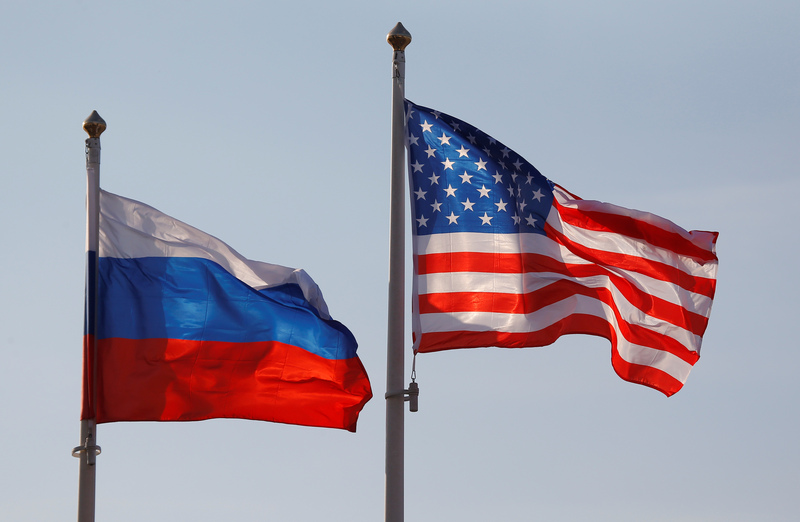
AKIPRESS.COM - Since 2013, the United States repeatedly has raised its concerns with Russia regarding its violation of the Intermediate-Range Nuclear Forces Treaty (INF).
"In spite of these efforts, Russian officials have refused to engage in any serious discussion of the U.S. concerns. As a consequence of Russia’s material breach, the United States will suspend its obligations under the Treaty effective on February 2, 2019 unless Russia returns to full and verifiable compliance," the US Embassy in Bishkek said.
Russia has repeatedly changed its story regarding its violating missile (NATO designator: SSC-8, Russian designator 9M729). For more than four years, Russia denied the existence of the missile and provided no information about it, despite the U.S. provision to Russia of the location of the tests and the names of the companies involved in the development and production of the missile. Russia only admitted that the missile existed after we publicly announced the missile system’s Russian designator.
The United States has convened five meetings of the parties’ technical experts to discuss Russia’s INF Treaty violation since 2014. At each of these meetings, the United States pressed Russia on its violating missile, provided detailed information about Russia’s violation, urged it to come back into compliance, and highlighted the critical nature of our concerns. Russia responded with denials, obfuscation, and falsehoods. If Russia had decided it wanted to return to compliance, it had a clear path forward.
The United States is in compliance with its obligations under the INF Treaty, and Allies affirmed this most recently in the NATO Summit declaration in July 2018. In contrast to Russia’s refusal to answer substantively key U.S. questions about its ground-launched cruise missile, the United States has provided Russia with detailed information explaining why the United States is in compliance with the INF Treaty. The United States has even presented some of this information publicly, including in a factsheet on the State Department webpage.
U.S. Secretary of State Michael Pompeo said at NATO Headquarters on December 4, “Whatever successes this treaty helped produce, today we must confront Russian cheating on its arms control obligations… On at least 30 occasions since 2013, extending to the highest levels of leadership, we have raised Russia’s noncompliance and stressed that a failure to return to compliance would have consequences.”
“America is upholding the rule of law. When we set forth our commitments, we agree to be bound by them. We expect the same of our treaty counterparts everywhere, and we will hold them accountable when their words prove untrustworthy,” Secretary Pompeo added.
The INF Treaty, which entered into force in 1988, requires the destruction of U.S. and Soviet ground-launched ballistic and cruise missiles with a range capability between 500 and 5,500 kilometers, and their associated launchers, support structures, and equipment, within three years after the Treaty entered into force.
